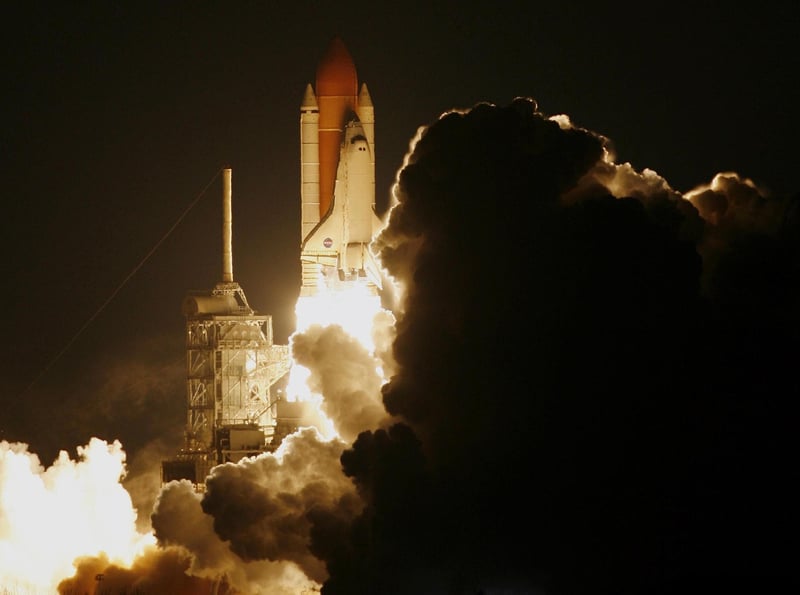Futuristic Exploration
The Evolution of Exploration: From Ancient Times to the Future
Ancient Era
Exploration has been a fundamental part of human history, with ancient civilizations embarking on journeys to discover new lands and resources. From the Phoenicians navigating the Mediterranean to the Vikings crossing the Atlantic, ancient explorers laid the foundation for future discoveries.

Age of Discovery
The Age of Discovery saw European powers like Spain, Portugal, and England sending explorers across the globe in search of new trade routes and territories. Famous explorers like Christopher Columbus and Vasco da Gama opened up new worlds and connected civilizations.

Space Exploration
With advancements in technology, humans have extended their reach beyond Earth into the vast expanse of space. The Space Race between the USA and the USSR led to iconic moments like the Moon landing in 1969. Today, space agencies and private companies continue to push the boundaries of space exploration.

Futuristic Exploration
The future of exploration holds exciting possibilities with advancements in robotics, artificial intelligence, and space travel. Technologies like Mars rovers and planned missions to colonize Mars showcase humanity's quest to explore and inhabit other planets. The concept of interstellar travel and discovering alien life forms fuels our imagination for what lies beyond.

Conclusion
Exploration has evolved over the centuries, from ancient seafaring journeys to futuristic space missions. Each era of exploration has expanded our understanding of the world and the universe, shaping the course of human history. As we look ahead to the future, the spirit of exploration continues to drive us towards new frontiers and endless possibilities.
